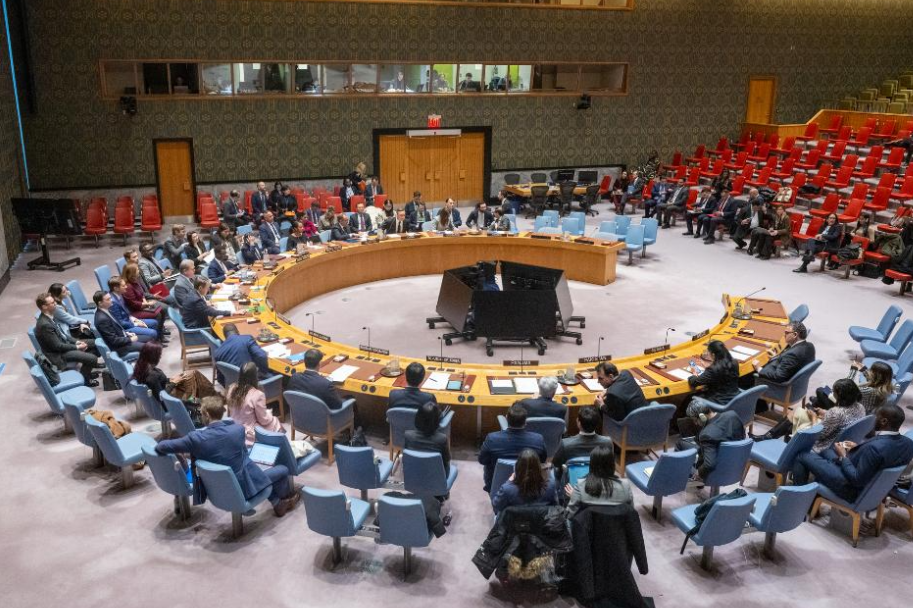German govt agrees on reform of right to family reunification for refugees

BERLIN - Cabinet members in Angela Merkel's (CDU) federal government have agreed on a reform of refugees' humanitarian right to family-reunification in Germany on Wednesday.
According to the legislative proposal, the total number of family members who can be brought to Germany by asylum seekers and recipients of so-called "subsidiary protection" will be limited to 1,000 each month. The definition of family members was narrowed to spousal partners, underage children and parents of underage children.
The responsibility of selecting the 1,000 monthly refugees who are granted entry to Germany lies with the Federal Administrative Court in Leipzig. Decisions will be determined by humanitarian considerations, including risks to the physical safety or freedom of individuals, as well as cases of illness and caregiving needs.
Even terrorist suspects can apply for family-reunification in exceptional circumstances. The granting of their request is hereby conditional on credible evidence that the individual in question refrains from behavior which endangers public security in Germany.
The plans were formulated by the interior minister Horst Seehofer (CSU) following a long-standing and widely-publicized confrontation over the matter between the Christian Democratic Union (CDU), Christian Social Union (CSU) and German Social Democrats (SPD) in the "grand coalition" government. All changes are still subject to consultation and approval by the federal parliament (Bundestag).
Shortly after the publication of the proposals, non-governmental organizations (NGO), as well as the German Protestant and Catholic churches criticized the announced changes to the right to family-reunification.
Albert Recknagel, executive spokesperson for the international child relief organization "Terre des Hommes" complained that the legislative draft threatened the welfare of minors who had fled to Germany. "Underage refugees with subsidiary protection which are currently in Germany on their own will be able to apply for re-unification with their parents but not their siblings," Recknagel told the press.
Recknagel highlighted that parents would therefore have to decide with which child to live and which child to leave behind. The law would cement the separation of close relatives instead of allowing individuals with subsidiary protection to "live together with their families."
Additionally, Terre des Hommes expressed concern that no clarity had been provided by the government yet as to which cases would be selected once the monthly quota of 1,000 individuals was filled. As a consequence, the organisation called for a quota solution with more temporal flexibility in lieu of a monthly cap.
The federal government has announced a goal of formally passing the new legislation in parliament by the summer. The CDU, CSU and SPD possess a combined legislative majority in the chamber.

































